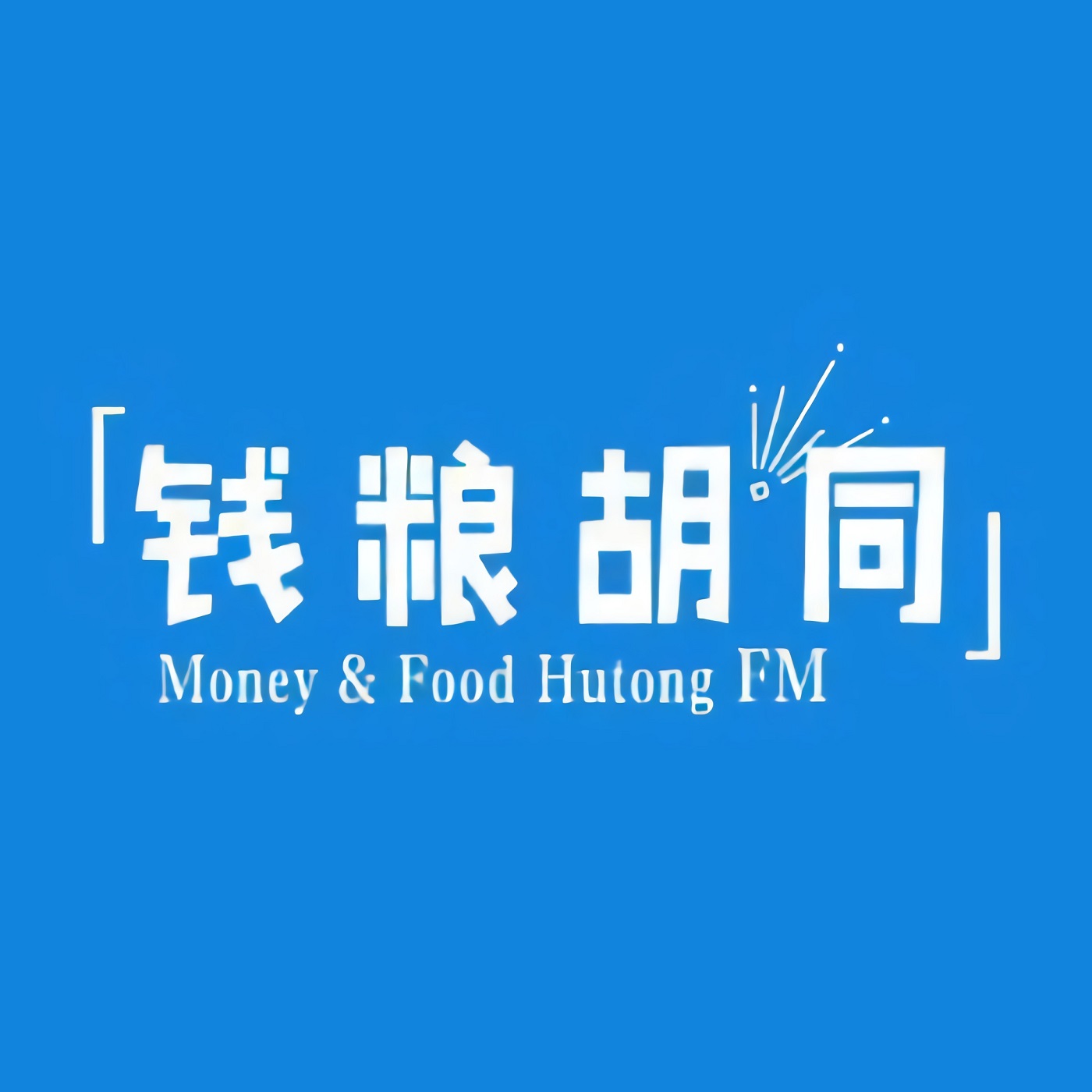
Deep Dive
Why did the yield on Vanke's bonds surge to 40% in December 2024?
The yield on Vanke's bonds surged to 40% in December 2024 due to concerns over the company's financial health. Investors were selling off Vanke's bonds, indicating a lack of confidence in the company's ability to repay its debt. This situation was similar to what happened with Evergrande's bonds during its financial crisis in 2019-2020.
What was the significance of Wang Shi's early career in shaping his future success?
Wang Shi's early career, starting as a drainage worker and later joining the Guangdong Foreign Economic Relations and Trade Commission, laid the foundation for his future success. His transition from a government role to the Shenzhen Special Economic Zone Development Company (特发公司) allowed him to gain valuable experience in trade and business, which was crucial for his later ventures with Vanke.
What role did the Shenzhen Special Economic Zone Development Company play in Wang Shi's career?
The Shenzhen Special Economic Zone Development Company (特发公司) was a powerful entity with significant privileges, including the authority to approve imports and exports. Wang Shi's role in this company allowed him to engage in lucrative trade deals, particularly in importing high-value equipment for government ministries, which helped him build a strong business foundation.
How did Wang Shi's relationship with the village chief of Huanggang influence his career?
Wang Shi's relationship with the village chief of Huanggang, who had connections to a high-ranking Guangdong provincial official, played a crucial role in his career. This connection likely facilitated Wang Shi's entry into the Guangdong Foreign Economic Relations and Trade Commission and later his involvement in Vanke's development, as the village chief became a shareholder in Vanke's subsidiaries.
What was the outcome of Vanke's acquisition attempt of Shenhua Industrial?
Vanke's attempt to acquire Shenhua Industrial in 1993 failed due to resistance from Shenhua's management. Despite becoming the second-largest shareholder, Vanke was unable to gain control of the company. Shenhua's management refused to provide internal documents, and during a shareholder meeting, Wang Shi was forced to leave after being shouted down by small shareholders, leading Vanke to abandon its acquisition plans.
What was the significance of the Junan Securities and Vanke conflict?
The conflict between Junan Securities and Vanke, known as the Junan-Vanke War, was a significant event in Vanke's history. Junan Securities, which became a major shareholder in Vanke after underwriting its stock, attempted to oust Wang Shi and restructure Vanke's board. However, Wang Shi successfully defended his position by leveraging regulatory support and strategic alliances, ultimately retaining control of Vanke.
How did Wang Shi handle the second major shareholder conflict involving Vanke's subsidiary, Wanjia?
Wang Shi handled the second major shareholder conflict involving Vanke's subsidiary, Wanjia, by employing a strategy called 'one peach kills three scholars.' He identified the weakest link among the three opposing shareholders and offered to buy their shares at a premium, effectively breaking the alliance. This allowed Vanke to gain majority control of Wanjia and eventually fully acquire the subsidiary.
What led to the transfer of Vanke's shares from TeFa to China Resources?
The transfer of Vanke's shares from TeFa to China Resources was driven by TeFa's inability to keep up with Vanke's continuous capital needs due to its non-tradable shares. As Vanke expanded, TeFa's stake in the company decreased, leading to conflicts. Wang Shi facilitated the transfer by convincing TeFa to sell its shares to China Resources, which had the financial resources to support Vanke's growth.
What was Wang Shi's '0.4 investment method' and how did it influence Vanke's strategy?
Wang Shi's '0.4 investment method' involved Vanke investing no more than 40% of the total capital in any project, with the remaining 60% coming from other investors. This strategy allowed Vanke to leverage external capital while maintaining control over its projects. It reflected Wang Shi's belief in the benefits of dispersed ownership and his confidence in managing the company without needing a majority stake.
- 万科债券收益率暴涨至30%-40%
- 市场担忧万科财务风险
- 与恒大债券暴涨情况类似
Shownotes Transcript
本期主播:无聊、野人
以下是AI生成,写的不错:
万科与王石的故事,揭开中国最强商战万宝大战的序幕。从一个排水工人到特发公司高管,王石如何逆袭?背后又有哪些不为人知的秘密?今天我们就来聊聊这些精彩往事,以及它们对后来商战的影响。这不只是一个商业故事,更是一段传奇历史,一起来听听吧!
02:02 万科债券收益率暴涨,风险警报拉响
06:20 万宝大战前传:揭秘王石的励志人生与万科的故事
12:43 王石的贵人相助:一个普通农民的邀请改变了他的人生轨迹
19:05 王石的股改方案引发争议,特发公司被迫妥协,最终股改方案获得通过
31:47 万科介入上海房地产市场:收购申华实业的挑战与机遇
38:10 资本市场的规则与危机:万科股权争夺战的教训与反思
44:31 王石与君安的较量:背后的股东变化与丢权之争
50:53 万科股权争夺战:君安放弃委托,证监会调查不了了之
57:14 王石与万科:股权争夺战中的胜利与危机
01:03:36 王石:从一个小公司到中国房地产龙头的奋斗之路
